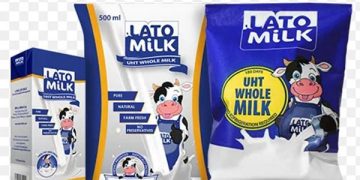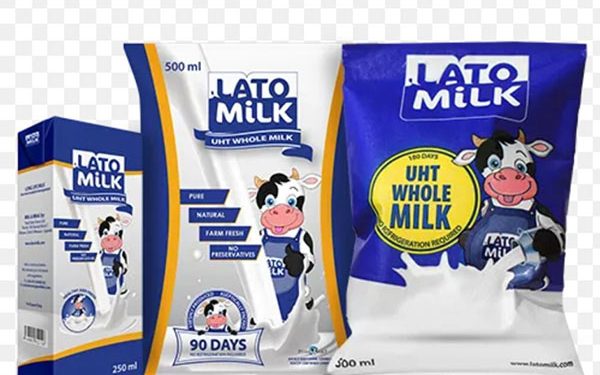The Government of Kenya has rescinded an earlier decision that was suspending the importation of milk powder from Uganda in a bid to protect its processors from regional competition.
The Kenya Diary board’s managing director, Margaret Kibogy, had said rains were expected this month, which would boost local milk production and reduce the need for imports.
“In anticipation of the long rains, the government has stopped the importation of milk powder to cushion the industry from surplus production and low producer prices,” she wrote to milk powder importers in a letter dated March 6.
“Consequently, the board has temporarily suspended the issuance of these import permits until further notice,” she wrote.
However, in a statement, Henry Kimitai the CBS Principal Secretary noted that the stoppage issued through Kenya Dairy Board letter ref. KDB/MD/SED/1 VOL.5/58 dated 6th March 2023, “is hereby suspended” to allow for the Dairy Industry (Import and Export) Regulations 2021 to apply accordingly.
He said the Importation of Products under the East African Community (EAC) protocol refers to goods being imported from outside the East African Community, while goods traded within EAC are referred to as transfers.
In a tweet, the 1st Deputy Prime Minister and Minister for East African Affairs, Rebecca Kadaga said, “Am delighted to inform the dairy Industry in Uganda that the Ban on Milk products has been suspended.”
She revealed that this followed discussions with Mr Abdi Dubat, Permanent Secretary Kenya Ministry of East African Community on bilateral issues.
Earlier, the Private Sector Foundation Uganda (PSFU) protested the ban on Uganda’s diary Imports by Kenya.
“Kenya’s ban on importation of our products is not new, if it’s not milk, it’s eggs or grain. The ban contravenes the EAC (East African Community) trade protocols, the Common Market Protocol on the free movement of goods and services, as well as the agreement that established the African Free Continental Trade Area (AfCFTA),” Ms Sarah Kagingo, the Vice Chairperson of Private Sector Foundation of Uganda (PSFU) told this news website.
Asked what steps PSFU would take, Ms Kagingo said Uganda’s private sector apex body was engaging the Ugandan government.
“At a strategic level, we partner with the government in pursuit of integration of regional markets for the benefit of the entire private sector in the region. We are tabling the unfortunate development to the government to use their good offices and diplomatic mechanisms to engage Kenya,” Ms Kagingo said.
She added,” Regional trade should be the cornerstone of EAC Partner States’ policies. Our countries signed the Common Market Protocol in 2009, which came into force on 1st July 2010. However, the practice often contradicts what was ratified, and businessmen engaged in export need handholding. We (PSFU), in partnership with the Ugandan government, have held several business summits to nurture relations and resolve barriers to trade and travel. These efforts will bear fruit.”
On media reports that a section of Ugandans was calling for protests against Kenya over the development, Kagingo called for calm.
“We have tabled to the government the impact on the milk value chain, on jobs, on production lines and the logistics sector. Diplomatic mechanisms have been invoked. We trust that they will bear fruit,” she said.
She added, “At PSFU, our approach is engagement, not belligerence. Experience shows that engagement delivers.”











